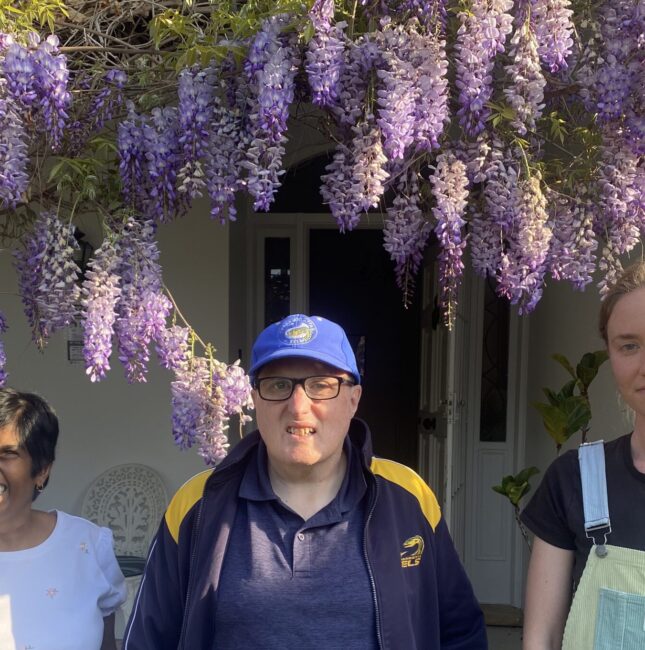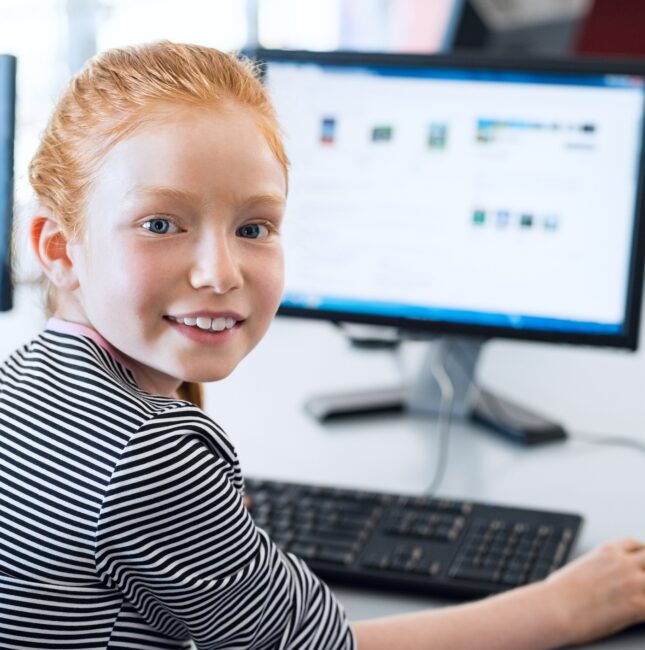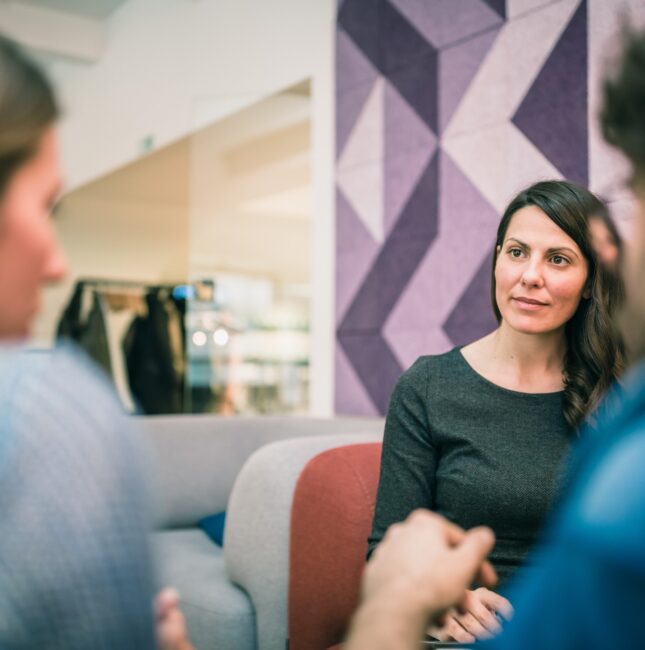Celebrating our amazing workers and the incredibly resilient women we work with on International Women’s Day
March 1, 2022
International Women’s Day – a day to celebrate and promote the empowerment of women around the world – is this year exploring the theme: ‘Equality today for a sustainable tomorrow’.
CatholicCare Diocese of Broken Bay (CCDBB) supports International Women’s Day and many of its programs are aimed at practically empowering women who may be facing challenging circumstances in their life.
CCDBB’s Domestic and Family Violence services respond to domestic violence crisis situations, but also provide programs to help educate both young men and women about respectful relationships.
“We provide case management to help empower women to take back control of their lives if they have faced financial, emotional or sexual abuse,” says Danielle, CCDBB Domestic and Family Abuse Project Specialist.
“We walk alongside them to give them the skills to reclaim their lives. As part of that, we look at issues such as ‘What is an equal relationship?’. We look at goals they want to achieve so they are strengthened to make decisions on their own. And we work with other services, such as mental health services, advocating for them with the police, supporting them to make reports to the police, to tell their side of the story and to stand up for themselves.”
Danielle says the International Women’s Day hashtag campaign for 2022, #BreaktheBias, sends an important message about the ways our society can perpetuate dangerous attitudes towards women.
“We live in a patriarchal society, which can lead to a lot of blaming the victim,” she says.
“We want to support women forge their own path and become strong again. At CatholicCare, we have a community education program in schools, called the Healthy Young Men program. It takes a feminist approach and explores what it looks like to treat women with respect. There are a lot of young people who haven’t had positive role-modelling of what a healthy relationship is, so it’s not just the work we’re doing with women, but also with men.”
Cathy, CCDBB’s Practice Manager, Domestic Violence, says families experiencing domestic violence are facing some of the worst effects of the broader structural problems within society.
“The perspective our service brings is one of recognising that through being a patriarchal society, men hold a lot of invisible privilege,” she says.
“We raise awareness of this invisible force in our society, and understanding that women who do stand up and be assertive may not be received well, and to anticipate this, and provide skills around that, to continue to advocate for change.”
One of the CCDBB programs which helps women in this situation is the Regaining Self program, which runs over seven weeks.
It provides a range of information and skills for women, including information around freeing themselves financially.
“We have had a client who, among other forms of abuse, had her male partner steal a large sum of money from her, and has been ordered to pay back the debt at $20/fortnight, making our client ineligible to apply to Centrelink for income support and remains financially dependent on him. She’s totally hamstrung,” Cathy says.
“Our role is to help her out of that situation so she can be financially independent and have the choice to leave.”
In addition, controlling partners take advantage of the way women are often socialised to, and take responsibility for, the role of maintaining stability of the family unit, in the face of terrifying violence.
“Domestic abuse is a reflection of gender stereotypes and roles that are rigid, leading to power imbalance, control and abuse,” Cathy says.
“We empower women by providing a context for their situation; in light of the trauma they have experienced due to the violence, opening a space for them to place responsibility for the abuse where it belongs, with the person choosing to use abuse. Our programs also connect women with others who may be going through a similar situation.”
Domestic abuse is the greatest contributor to homelessness and financial disadvantage in women and children.
Raquel, program lead for the Women and Families section of the Homelessness Services team at CCDBB, says she and her team work very closely with women who may be presenting with children, many of whom have experienced domestic violence.
“We offer a range of options in the transitional accommodation space,” she says. “That means that we offer medium-term accommodation for women coming out of crisis and who are on the way to finding affordable, safe longer-term options.”
CCDBB operates a five-bedroom women’s refuge for women and children as well as a four-bedroom single women’s property and six self-contained units for families.
“We have an all-female team of case-workers too, which can be important for women who have gone through trauma,” she says.
“Apart from the accommodation we offer a case-management service to find long-term, safe accommodation for the women who come to us.”
CCDBB also offers advocacy for women when it comes to dealing with the NSW Department of Housing and other service providers offering accommodation, as well as links to mental health services, family support services and legal and visa services.
“When people are in such crisis situations, often with no family support or friends, they are often left wondering where to start,” says Raquel.
“It can be a really empowering experience to have a caseworker walk alongside you and advocate for you. We see our services as empowering women to get the support they need to establish a safe and stable base to work on their recovery and help them move forward into a better life.”
For more information about CatholicCare and our programs visit www.catholiccaredbb.org.au.
More news stories like this one
Mark has greater control
It's been a year of change and growth for Mark, who is a proud resident of our Supported Independent Living house in Wahroonga. Upon being asked what he most enjoys about living at Kokoda House, Mark says, “everything!”
Read MoreLet’s talk about invisible disabilities
When you think of the word, ‘disability’ what do you see? Perhaps you envision someone in a wheelchair, or a person walking with a cane. The reality is that for 90% of people living with a disability in Australia, their disability is invisible.
Read MoreMediation gives Amanda & David breathing space
When Amanda first contacted CatholicCare for help with property mediation, her life was nothing short of chaotic. “You name it, it had happened,” says Family Dispute Resolution Practitioner Melanie.
Read More


